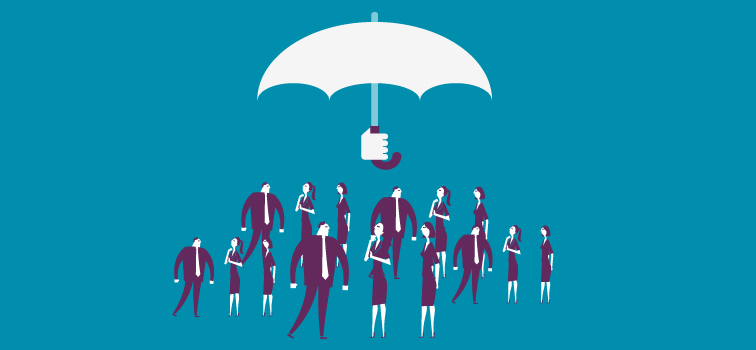Explainer - How does the Central Bank protect people who use high cost credit providers?

Regulated moneylenders in Ireland are also known as high cost credit providers (HCCPs).
High cost credit providers (or moneylenders) give people small loans, over short time periods, charged at high interest rates. This means that using a high cost credit provider is one of the most expensive ways you can borrow money.
It is important to think about whether this is the right type of credit for your needs, as there may be other types of credit available to you at lower rates which are more suitable for you.
Types of high cost credit provider
High cost credit providers are usually involved in three types of business:
-
Cash loan firms - These firms provide cash loans where repayments can be paid remotely (online) or collected at the consumer's home (home collection).
- Catalogue firms – These firms sell goods on credit, usually on the basis of the consumer having a running account. A running account is similar to a credit card account in that borrowers have a credit limit and can charge goods up to that limit.
- Other - This category comprises of:
- premium finance firms where credit is provided to consumers to fund insurance premiums, gym membership etc. which are operated on the basis of a consumer having a running account.
- retail firms involved in the provision of goods on credit with repayments being made by a variety of methods, (e.g. cash, direct debit). Some cash loan firms also offer goods on credit or have arrangements in place with local retailers.
Who regulates high cost credit providers in Ireland?
The Central Bank of Ireland regulates high cost credit providers in Ireland. This means we set rules and standards that these firms must follow.
In May 2022, new consumer credit legislation was introduced providing a new regulatory regime for the provision of a range of consumer credit services, including HCCPs.
The Consumer Credit (Amendment) Act 2022:
- Replaced terms such as “moneylender” and “moneylending” with “high cost credit provider” and “high cost credit”.
- Capped interest rates charged by high cost credit providers. They can now charge a maximum of 1% per week or 48% per year (except for “running accounts” where the cap is 2.83% per month).
- Applied a maximum loan term of 52 weeks in the case of high cost credit provided as a loan (rather than a running account).
- Prohibited high cost credit providers from charging for collection services.
- Allowed repayment books to be maintained online.
- Streamlined the licensing process for high cost credit providers.
As a regulated sector, high cost credit providers require a licence from the Central Bank to operate. It is illegal for a high cost credit provider to operate without a licence from the Central Bank. You can check if a firm is regulated by the Central Bank by checking our Register.
How does the Central Bank protect people who use high cost credit providers?
Licensed high cost credit providers play an important role in society for people who cannot access credit from other providers.
Our rules require high cost credit providers lend responsibly, treat their customers fairly and act in the best interests of consumers.
For example, they must:
- Highlight the high cost of their loans.
- Not penalise you for making extra, missed or late payments.
- Include a prominent warning in all advertisements for high-cost credit that a moneylending loan is a high cost form of credit and prompt you to consider alternatives.
- Provide information that prompts you to consider if a moneylending loan is your best option and, where the loan is required for immediate basic needs, provide information to prompt you to consider potential State supports.
- Provide you with the total repayment information if you have taken out more than one moneylending agreement with that moneylender.
Can I be asked to pay a fee for a cash loan?
High cost credit providers regulated by the Central Bank are not allowed to charge any administration fees to apply for a loan.
If you are dealing with a regulated high cost credit provider, you will never have to pay a fee up front before getting a loan, or have to pay a fee to “release” the loan or loan documentation.
If you are asked to pay a fee, do not use that provider as it is likely to be a scam.
If you share any payment details with these providers, you are at risk of losing significant amounts of money.
How do I get additional support if I am in financial difficulty?
If you are experiencing financial difficulty, contact the Money Advice and Budgeting Service (MABS) for support and guidance.
See also: